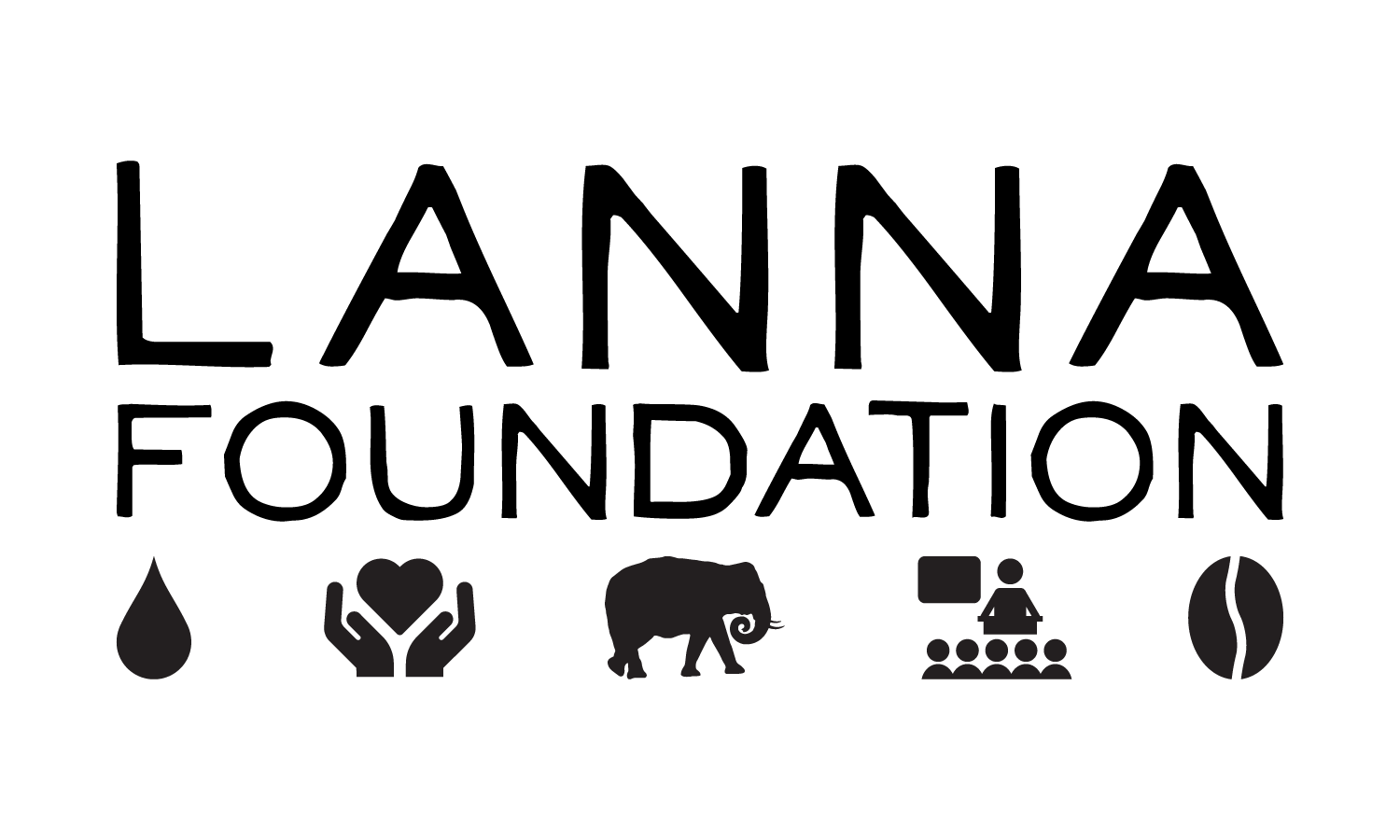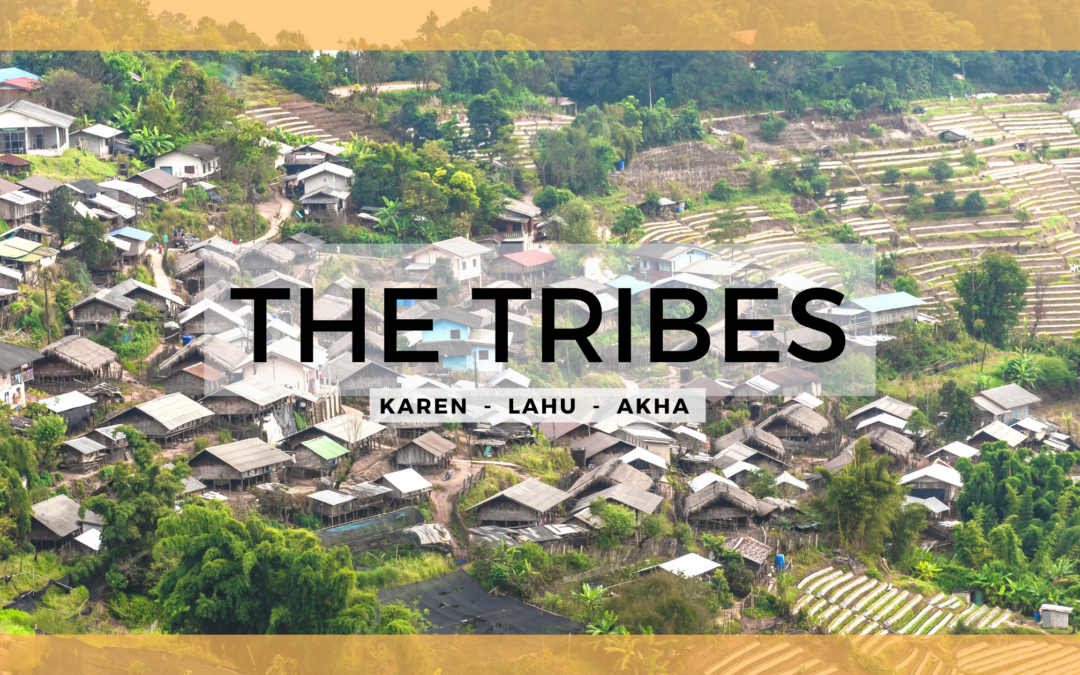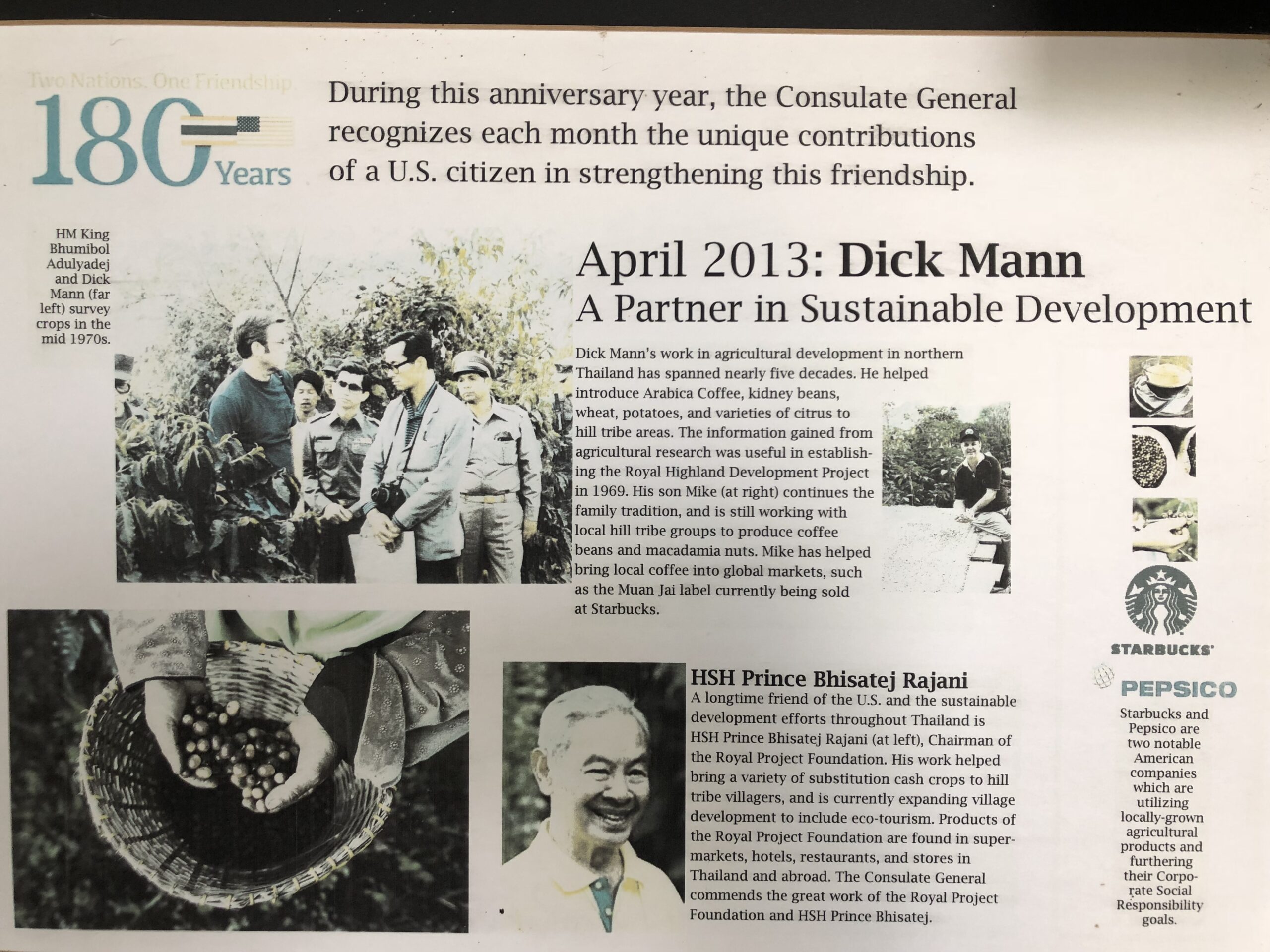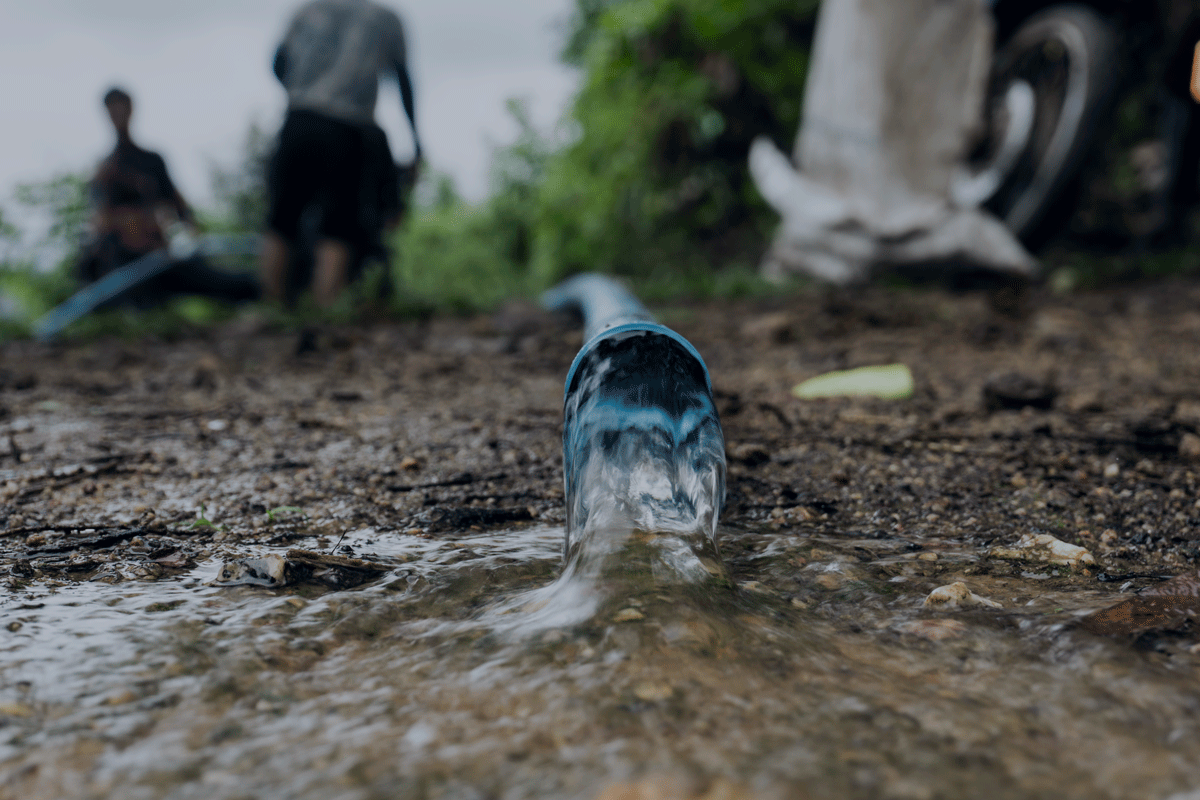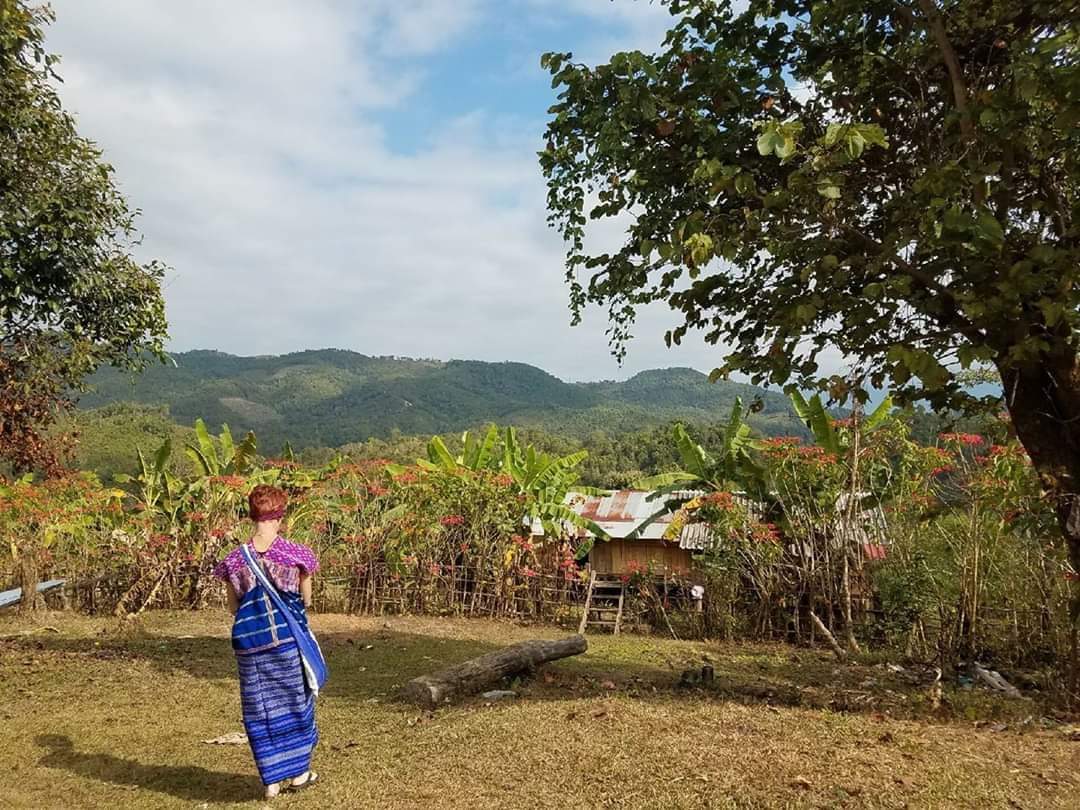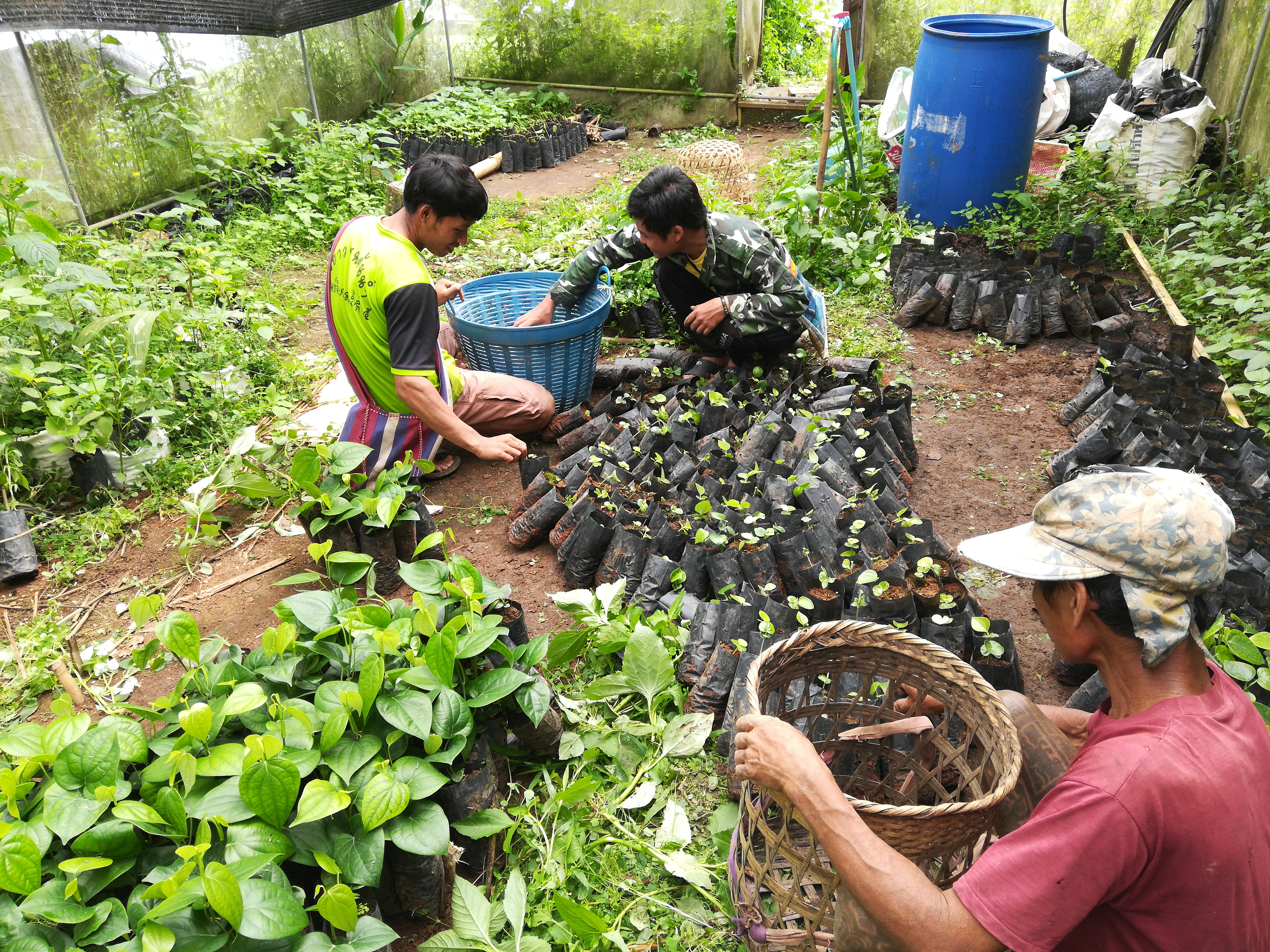“The further backward you can look, the farther forward you are likely to see.” – Winston Churchill
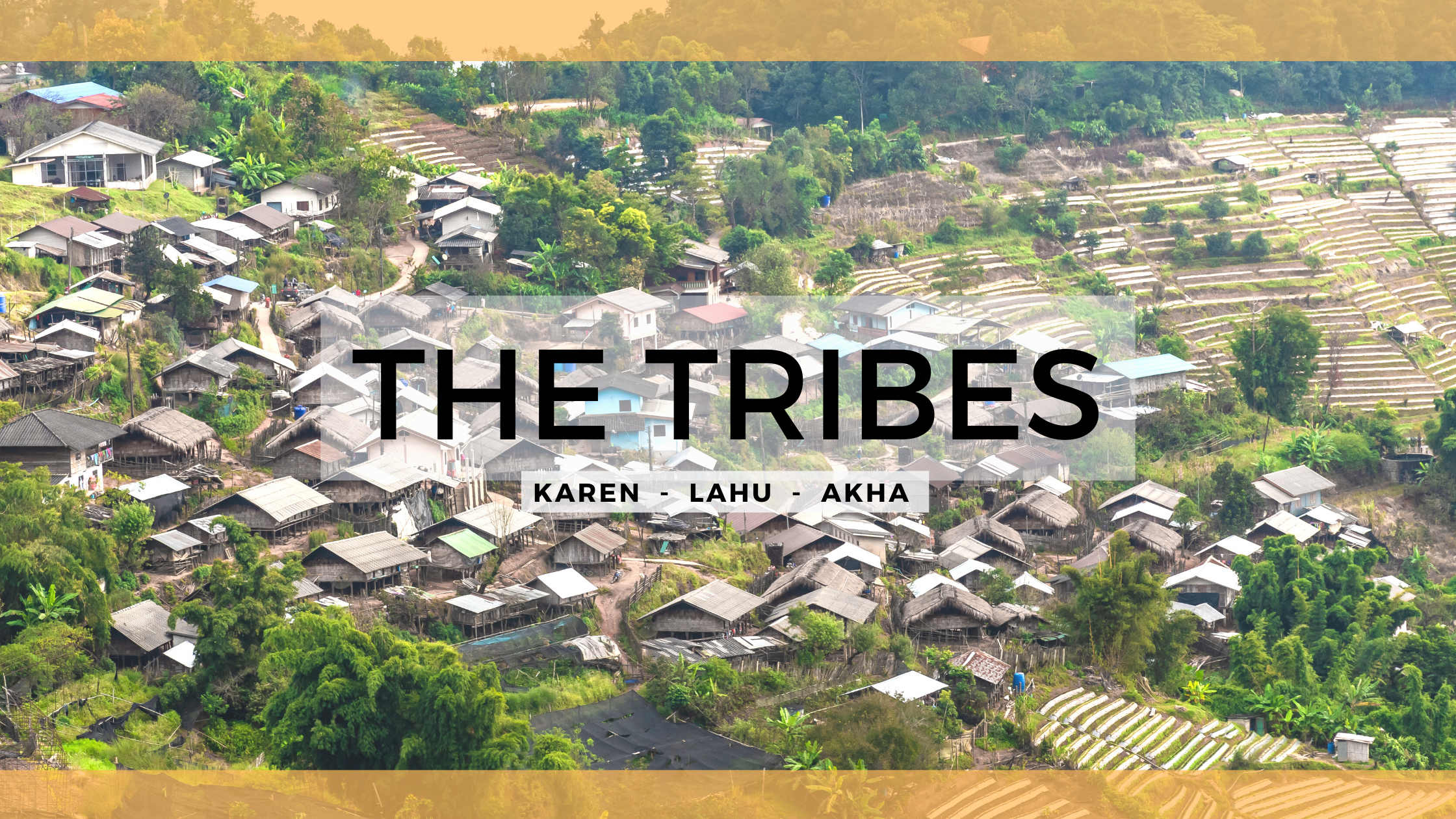
Becoming immersed in history can connect us to our roots, impart a sense of shared humanity, and give us insight into the problems we face today.
Looking back at the history of a movement and a nation is essential to seeing how far we have come as well as giving us a roadmap for growth and development for the future. In a missionary context, learning the history of a nation and how it has been advanced to today is essential in order to be more connected to the people that we are serving and coming alongside.
And so, let’s learn together about the rich history of the people that the Lanna Foundation exists to support – the northern hill tribes of Thailand, specifically the Karen, Lahu, and Akha tribes.
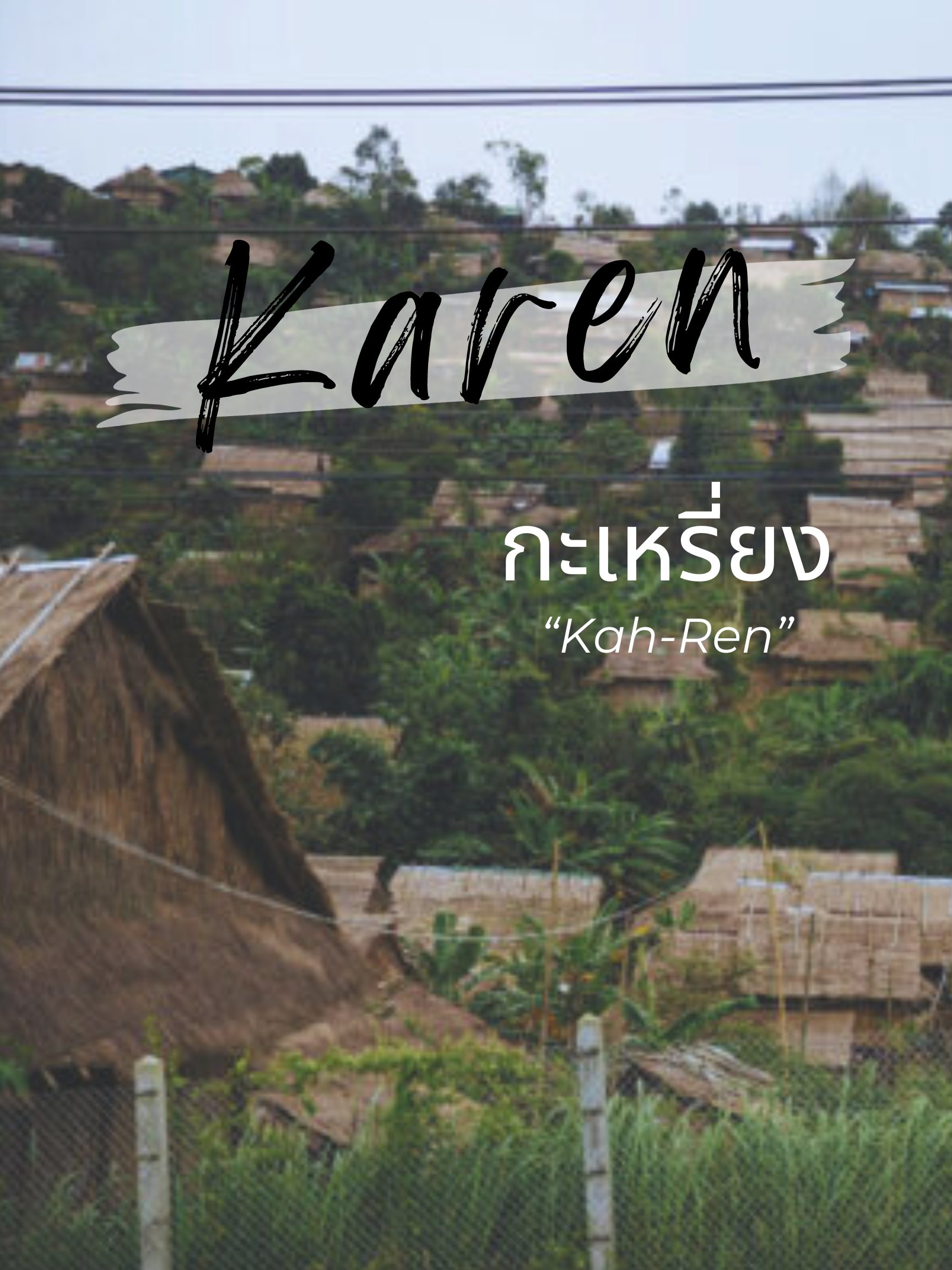
The largest tribal group among these hill tribes in Northern Thailand is the Karen, who actually exist both in Thailand and Myanmar (Burma). Their migration in the 18th century from Burma was spurred by the desire to escape the unrest that was happening in their own country.
An interesting piece of the Karen is a myth that they carry. It states that when the tribes (or humanity) were created, they were all individual brothers. When it was time for the brothers to receive their written inheritance from God (or Buddha… depending on who is telling the story), the Karen brother lost his – resulting in their poverty. It was the hope of the Karen that one day another brother would come and restore their inheritance. When missionaries first came to the Karen while they were in Burma, many interpreted the Christian Bibles they were handing out as the writings the brother lost. What a beautiful picture!
Even from these few pieces of Karen’s history, we can begin to understand some of their beliefs and thought processes. They are a people full of hope even through their struggle with poverty and escaping war.

The Akha tribe also migrated from Myanmar (Burma) to Thailand. Some Akha are actually able to recite their lineage for generations, even all the way back to “the beginning”. This is incredibly impressive as they had no written language, have migrated from across a great distance, and themselves are spread out among different countries. This already speaks into how highly the Akha people hold to their ancestry, traditions, and beliefs.
The majority of the Akha believe in animism and they call their religion or way of life “The Akha Way”. They connect rituals and sacrifice to the gods of nature the same as how they live their everyday life – these traditions are essential. If someone in that village becomes Christian, they are expected to leave the village, therefore, leaving “The Akha Way” in order to pursue Christianity, which many of the younger generation have done.

The Akha, like many of the hill tribes in Thailand, have had a deep struggle with poverty as well as opium addiction – 2 things that ITDF have been working to combat since the 1950’s.
Richard and Marlene Mann moved to Thailand in the late 1950’s in order to work with the hill tribe people of northern Thailand on various agricultural projects. They too often were met with villages illegally growing opium leading to addiction and negative effects on family life. Richard worked hard in order to start replacing their opium fields with a more sustainable (and legal) crop, the most optimal of which was coffee. Because of the location of these tribes, the elevation and climate created great growing conditions for coffee!
This was just the beginning of what these villages really needed. ITDF formed and have been continuing in this work to bring holistic healing to these tribes by beginning and finishing clean water, sanitation, and education projects in the villages. This empowers the people to take care of themselves in a healthy environment so they can focus their energy and attention to growing lucrative crops to develop their own villages and families!
These hill tribes have been through so much throughout each of their histories and it has been time (for a long time) to come alongside them and lend a helping hand.
As we conclude these stories that connect us more to these hill tribes and their culture, I’m reminded of one of the first instructions and promises that God gave to humanity through Abraham in Genesis 12. Through God’s blessing of Abraham, he would then in turn be a blessing to all the families of the earth.
Now it’s time that you ask yourself: How will you use your blessings to be a blessing in return?
There is still work to be done in the hill tribes and you are a part of it!
If you would like to learn more about what the Lanna Foundation and ITDF are doing, explore our “What We Do” page and see how you can get involved now!
